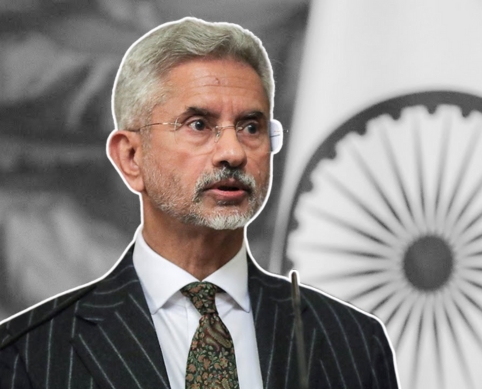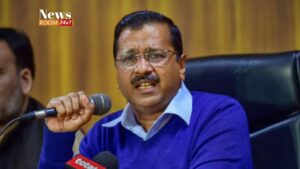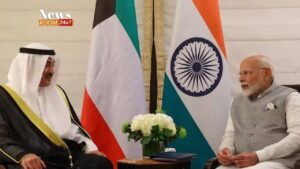S. Jaishankar’s resolute message to Pakistan: ‘The time for uninterrupted dialogue is over’

The relationship between India and its neighbor Pakistan was openly discussed by External Affairs Minister S. Jaishankar on Friday. Ambassador Rajiv Sikri’s book, “Strategic Conundrums: Reshaping India’s Foreign Policy,” was launched, and S Jaishankar said that the days of constant communication with Pakistan were over.
“The era of uninterrupted dialogue with Pakistan is over. Actions have consequences. Regarding Jammu and Kashmir, Article 370 is a settled matter. The question now is what kind of relationship we can realistically consider with Pakistan. Rajiv [Sikri] suggests in his book that India might be satisfied with maintaining the current level of engagement—maybe not. We are not passive observers. Whether events take a positive or negative turn, we will respond accordingly,” Jaishankar was quoted by news agency ANI.
Jaishankar highlighted the robust people-to-people connections between India and Afghanistan.
“Regarding Afghanistan, there are… robust people-to-people connections. At a societal level, there is considerable goodwill towards India. However, when we assess our stance on Afghanistan, it’s crucial not to overlook the fundamentals of statecraft. International relations play a significant role here. So, when we evaluate our Afghan policy today, we do so with a clear understanding of our interests, not clouded by ‘inherited wisdom’ from the past,” he stated.
The External Affairs Minister (EAM) noted that Afghanistan’s dynamics have shifted significantly with the withdrawal of American forces, ANI reported.
“We must recognize that Afghanistan with American forces present is vastly different from Afghanistan without their presence,” Jaishankar remarked.
He further emphasized the importance of finding common ground with Bangladesh, stating that India would engage with “the government of the day.”
Our relationship has had ups and downs since Bangladesh gained its independence, so dealing with the current government is only logical. However, we also need to acknowledge that political shifts are occurring and that they may be unsettling. And it’s obvious that in this case, shared interest must be found,” Jaishankar clarified.
In discussing Myanmar, Jaishankar highlighted the significant role of the Northeast in shaping India’s approach.
“Moving further east, Myanmar holds both relevance and remoteness simultaneously. In this case, the Northeast context is predominant. We must find a balance between engaging with the government and other stakeholders, as that reflects the current reality,” he stated.









